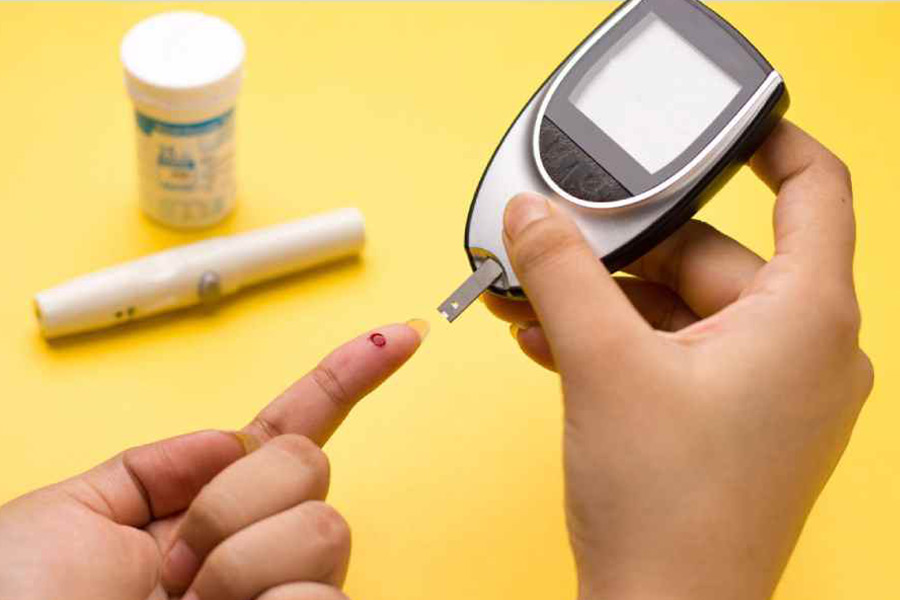There are some diseases that clamour for our attention while others invariably fall behind the veil. In other words, while diabetes hogs the limelight (and necessarily so), something like a vitamin D deficiency gets the step-motherly treatment. Why? Let’s find out.
The challenge with vitamin D deficiency starts with a misconception, especially in tropical countries. Again, why? Because we erroneously assume that people who stay in areas where the sun is rampant cannot suffer from a shortage of vitamin D. This is wrong. We forget that the sun doesn’t always creep into nursing homes, elderly care institutions or libraries. No wonder senior citizens turn frail, fall and fracture with alarming regularity. The sun, for its part, can be a double-edged sword. Too much of it can give skin cancer, too little of it can hurt your vitamin D levels.
More importantly, like any other substance, vitamin D needs to be absorbed. Thus, certain malabsorption syndromes such as celiac disease, short bowel syndrome, gastric bypass, inflammatory bowel disease, chronic pancreatic insufficiency, and cystic fibrosis quite often lead to vitamin D deficiency. Add to these liver or kidney failures. To make matters more challenging, cutaneous synthesis of vitamin D declines with ageing.
In India, 96 per cent of the elderly population is vitamin-D deficient

Fish, especially salmon, is considered to be rich in vitamin D TT archives
But how prevalent is vitamin D deficiency around the world?
In the US, 47 per cent of African-American infants and 56 per cent of Caucasian infants have vitamin D deficiency. The percentage swells to 90 in Iran, Turkey and India. While 35 per cent of adults in the US are vitamin D deficient, the number rises to 80 per cent for adults in India, Pakistan and Bangladesh.
As for the elderly population, they fare the worst. In the US, 61 per cent of the elderly population is vitamin D deficient whereas the numbers are 96 per cent in India, 72 per cent in Pakistan and 67 per cent in Iran.
What are the symptoms?
Here lies the greatest challenge. While rickets was vanquished in the 1930s through effective fortification of milk with vitamin D, and osteoporosis, osteomalacia (softening of the bones) and fractures are the obvious manifestations of severe vitamin D deficiency, the other ill-effects are hushed, slippery and deceptively dangerous. In other words, while vitamin D deficiency may not be the cause of all these, it certainly can trigger the following diseases.
- Depression
- Fatigue
- Certain types of cancers
- Rheumatoid arthritis and allied autoimmune diseases
- Heart-related conditions, including coronary attacks.
Vitamin D deficiency can be treated easily
What do we do?
The best part of a deficiency in vitamin D is that it can be treated easily, be it over the counter or, in severe cases, through a doctor’s prescription.
So, the next time you visit a doctor’s chamber, remember to be tested for vitamin D. Many of your health issues could be healed with a simple intake of a vitamin D capsule.
Dr Shuvendu Sen, born and brought up in Kolkata, is a US-based physician currently serving as the vice-chair, Research, at the Jersey Shore University Medical Center, New Jersey. An award-winning physician and author, his works include The Fight Against Alzheimer’s (Rupa Publications, 2024), Why Buddha Never Had Alzheimer’s (HCI/ Simon & Schuster, 2017) and A Doctor's Diary (Times Group Books, 2014), among others. Dr Sen can be reached at shuvendusen57@gmail.com


